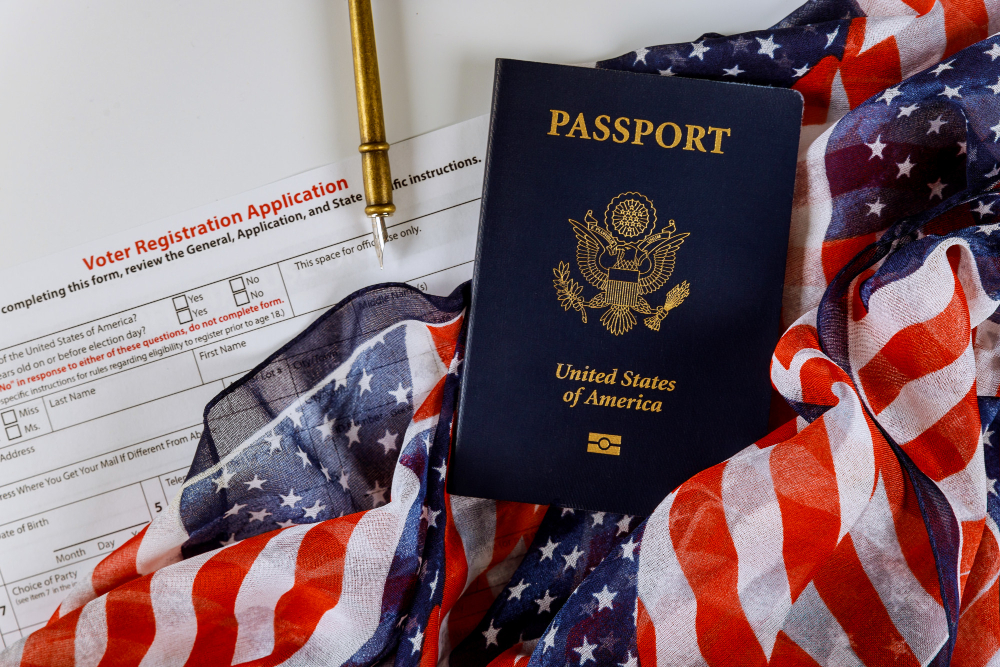At Synergy Law and Mediation, we believe peace is possible—even in the most difficult circumstances. Whether you’re navigating divorce, custody issues, or a civil dispute, mediation offers a private, empowering, and cost-effective alternative to litigation. But the key to getting the most out of mediation? Preparation.
Here are seven essential tips to help you prepare for mediation so you can walk in focused—and walk out with a path forward.
1. Get Clear on What Matters Most
Before the mediation session, take time to reflect on your goals:
- What issues are most important to you?
- What are you willing to be flexible about?
- What does a fair and workable resolution look like?
Coming in with a clear sense of priorities helps keep the conversation focused—and productive.
2. Bring Relevant Documents
Having the right information on hand helps ensure a smoother process. Depending on your case, you may want to gather:
- Financial documents (bank statements, tax returns, debt schedules)
- Parenting plans or school calendars (for family matters)
- Contracts, invoices, or emails (for civil disputes)
We recommend organizing your documents in advance and sharing them with the mediator when requested.
3. Understand the Role of the Mediator
Mediators are neutral facilitators—not judges. At Synergy, we guide discussions, ensure both sides are heard, and help you explore creative solutions. We do not take sides or impose decisions.
4. Prepare Emotionally
Mediation often involves personal or emotionally charged issues. Emotional preparation is just as important as logistical preparation. Consider:
- Taking time to reflect or speak with a counselor
- Practicing how you’ll express your concerns respectfully
- Planning strategies to stay calm if tensions rise
Our peaceful approach to mediation creates space for calm, constructive dialogue—even when emotions are high.
5. Be Open to Creative Solutions
Sometimes, the best solutions aren’t obvious at first. Try to stay open to new ideas and ask:
- What would help both of us move forward?
- Is there a win-win that meets both of our needs?
- What outcomes would help avoid future conflict?
This mindset increases the likelihood of finding lasting, durable agreements.
6. Consult with Legal Counsel (if needed)
While mediation is not a court process, it’s still wise to understand your rights. If you have legal questions, consulting with an attorney before or during mediation can provide clarity. At Synergy, we welcome both self-represented and attorney-assisted clients.
7. Trust the Process
Even if things seem far apart at first, many clients find resolution through the structure and support that mediation provides. When both parties show up willing to talk, listen, and explore options, progress is not only possible—it’s likely.
Final Thoughts: Peace Through Preparation
At Synergy Law and Mediation, we specialize in helping individuals and families resolve conflict without court. Preparation isn’t about “winning”—it’s about making informed decisions, preserving your peace, and moving forward.
📅 Ready to schedule your mediation or learn more?
Click here to book a session or download our free Mediation Preparation Guide (PDF) to take the next step with confidence.
🌿 Bonus Tip: Preparing for the Future
Many clients who resolve family disputes in mediation ask us, “What’s next?” One of the most empowering steps you can take is to create a clear estate plan that protects your children, assets, and healthcare choices. Explore our flat-rate estate planning packages and get the peace of mind you deserve.
Click here to learn more about our estate planning services »
Synergy Law and Mediation, LLC – Peaceful solutions. Professional support.







No comment yet, add your voice below!